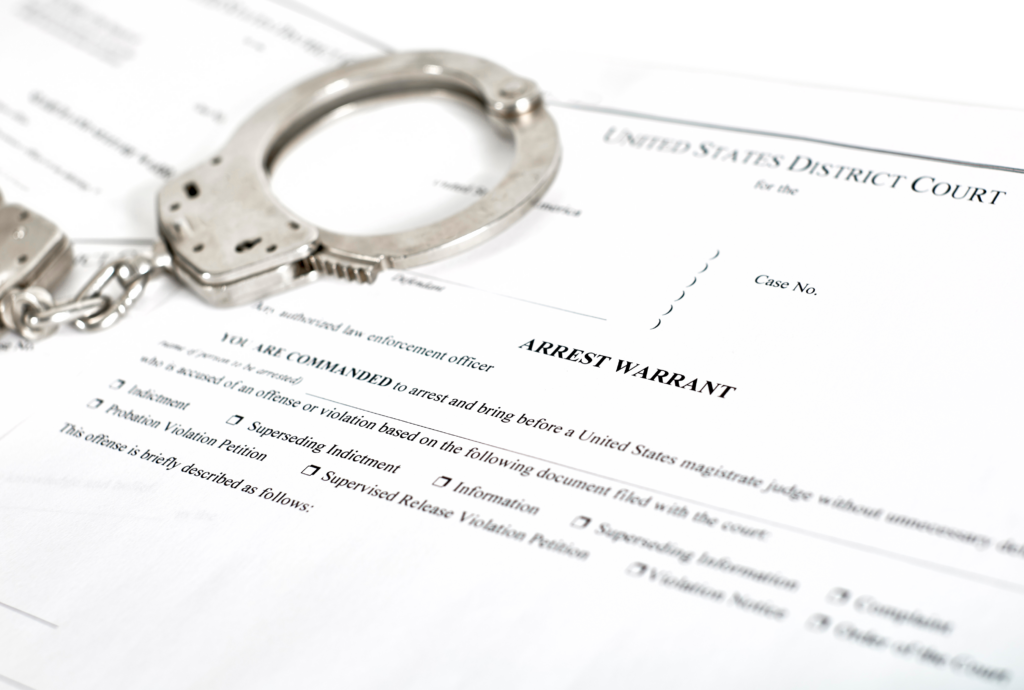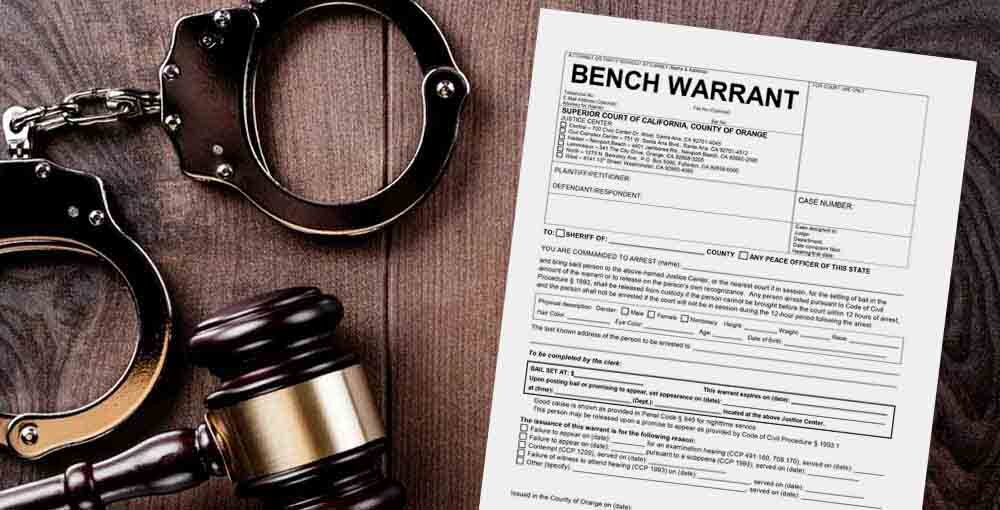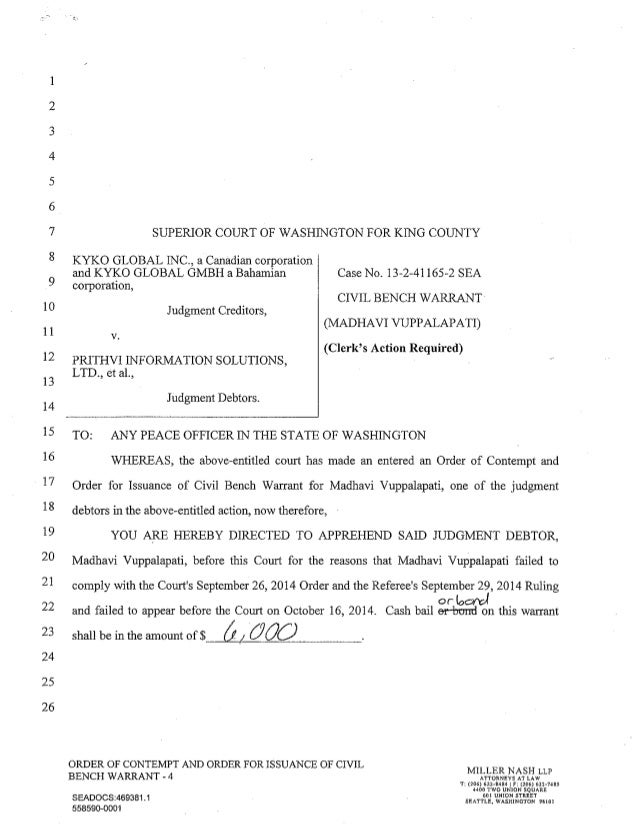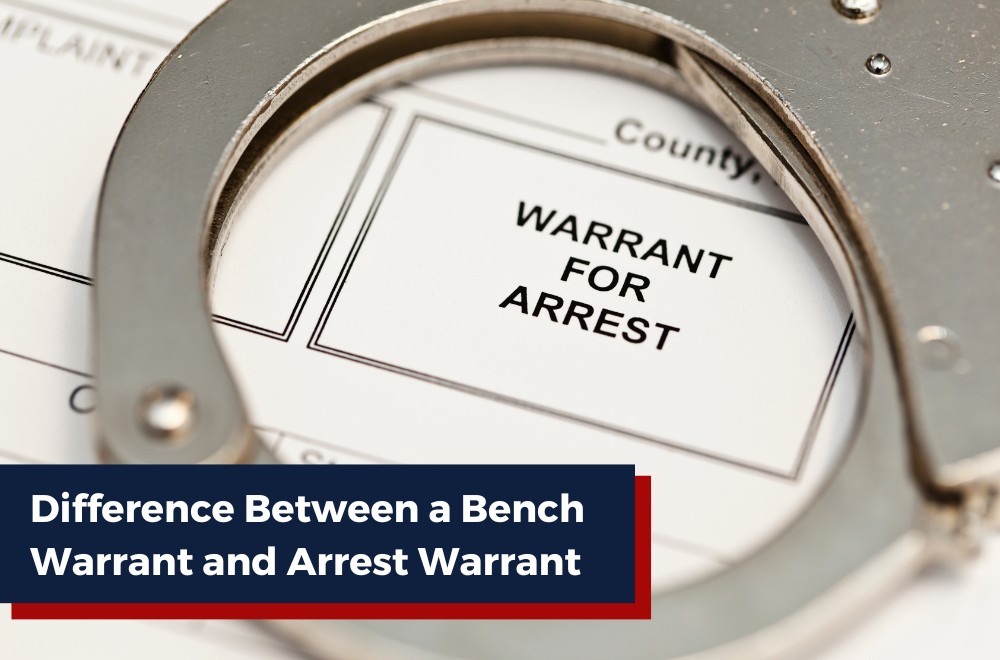Bench Warrant Arrest - Discover the five critical differences between bench warrants and arrest warrants, including their issuance, purpose, and legal. Like other arrest warrants, a bench warrant allows a police officer to take someone into custody to answer criminal charges. A standard warrant, often called an arrest warrant, is issued when probable cause exists that an individual has committed a. A bench warrant is issued by a judge, most commonly when a person fails to appear for a scheduled court appearance.
Discover the five critical differences between bench warrants and arrest warrants, including their issuance, purpose, and legal. Like other arrest warrants, a bench warrant allows a police officer to take someone into custody to answer criminal charges. A bench warrant is issued by a judge, most commonly when a person fails to appear for a scheduled court appearance. A standard warrant, often called an arrest warrant, is issued when probable cause exists that an individual has committed a.
Like other arrest warrants, a bench warrant allows a police officer to take someone into custody to answer criminal charges. A standard warrant, often called an arrest warrant, is issued when probable cause exists that an individual has committed a. Discover the five critical differences between bench warrants and arrest warrants, including their issuance, purpose, and legal. A bench warrant is issued by a judge, most commonly when a person fails to appear for a scheduled court appearance.
Difference Between a Bench Warrant and an Arrest Warrant
Like other arrest warrants, a bench warrant allows a police officer to take someone into custody to answer criminal charges. A standard warrant, often called an arrest warrant, is issued when probable cause exists that an individual has committed a. A bench warrant is issued by a judge, most commonly when a person fails to appear for a scheduled court.
Difference Between Arrest & Bench Warrants Schwartz Law Group
A bench warrant is issued by a judge, most commonly when a person fails to appear for a scheduled court appearance. A standard warrant, often called an arrest warrant, is issued when probable cause exists that an individual has committed a. Like other arrest warrants, a bench warrant allows a police officer to take someone into custody to answer criminal.
Bench Warrant
A standard warrant, often called an arrest warrant, is issued when probable cause exists that an individual has committed a. Like other arrest warrants, a bench warrant allows a police officer to take someone into custody to answer criminal charges. A bench warrant is issued by a judge, most commonly when a person fails to appear for a scheduled court.
Difference Between a Bench Warrant and an Arrest Warrant
A standard warrant, often called an arrest warrant, is issued when probable cause exists that an individual has committed a. Discover the five critical differences between bench warrants and arrest warrants, including their issuance, purpose, and legal. A bench warrant is issued by a judge, most commonly when a person fails to appear for a scheduled court appearance. Like other.
1 Warrant Guide (How to Find, Clear all Bench Warrants)
Like other arrest warrants, a bench warrant allows a police officer to take someone into custody to answer criminal charges. Discover the five critical differences between bench warrants and arrest warrants, including their issuance, purpose, and legal. A bench warrant is issued by a judge, most commonly when a person fails to appear for a scheduled court appearance. A standard.
What is a Bench Warrant? Criminal Lawyer News
A standard warrant, often called an arrest warrant, is issued when probable cause exists that an individual has committed a. Like other arrest warrants, a bench warrant allows a police officer to take someone into custody to answer criminal charges. Discover the five critical differences between bench warrants and arrest warrants, including their issuance, purpose, and legal. A bench warrant.
Bench Warrant Issued by Chief Civil Judge of King County, Washington
Discover the five critical differences between bench warrants and arrest warrants, including their issuance, purpose, and legal. A standard warrant, often called an arrest warrant, is issued when probable cause exists that an individual has committed a. A bench warrant is issued by a judge, most commonly when a person fails to appear for a scheduled court appearance. Like other.
Difference Between a Bench Warrant and Arrest Warrant
Discover the five critical differences between bench warrants and arrest warrants, including their issuance, purpose, and legal. A standard warrant, often called an arrest warrant, is issued when probable cause exists that an individual has committed a. Like other arrest warrants, a bench warrant allows a police officer to take someone into custody to answer criminal charges. A bench warrant.
Bench Warrant
Like other arrest warrants, a bench warrant allows a police officer to take someone into custody to answer criminal charges. A standard warrant, often called an arrest warrant, is issued when probable cause exists that an individual has committed a. A bench warrant is issued by a judge, most commonly when a person fails to appear for a scheduled court.
Bench Warrant printable pdf download
A standard warrant, often called an arrest warrant, is issued when probable cause exists that an individual has committed a. A bench warrant is issued by a judge, most commonly when a person fails to appear for a scheduled court appearance. Like other arrest warrants, a bench warrant allows a police officer to take someone into custody to answer criminal.
Like Other Arrest Warrants, A Bench Warrant Allows A Police Officer To Take Someone Into Custody To Answer Criminal Charges.
Discover the five critical differences between bench warrants and arrest warrants, including their issuance, purpose, and legal. A standard warrant, often called an arrest warrant, is issued when probable cause exists that an individual has committed a. A bench warrant is issued by a judge, most commonly when a person fails to appear for a scheduled court appearance.









